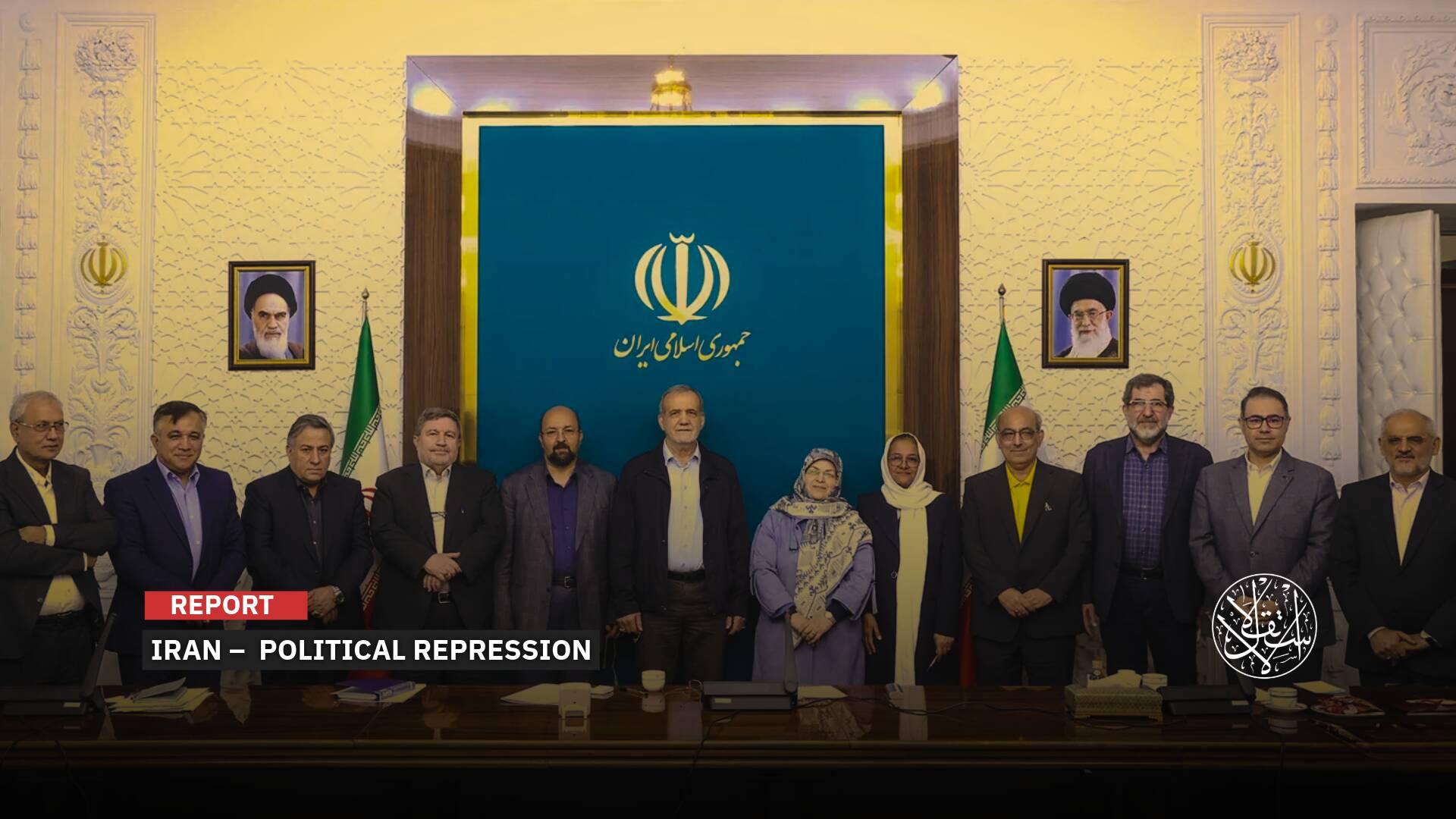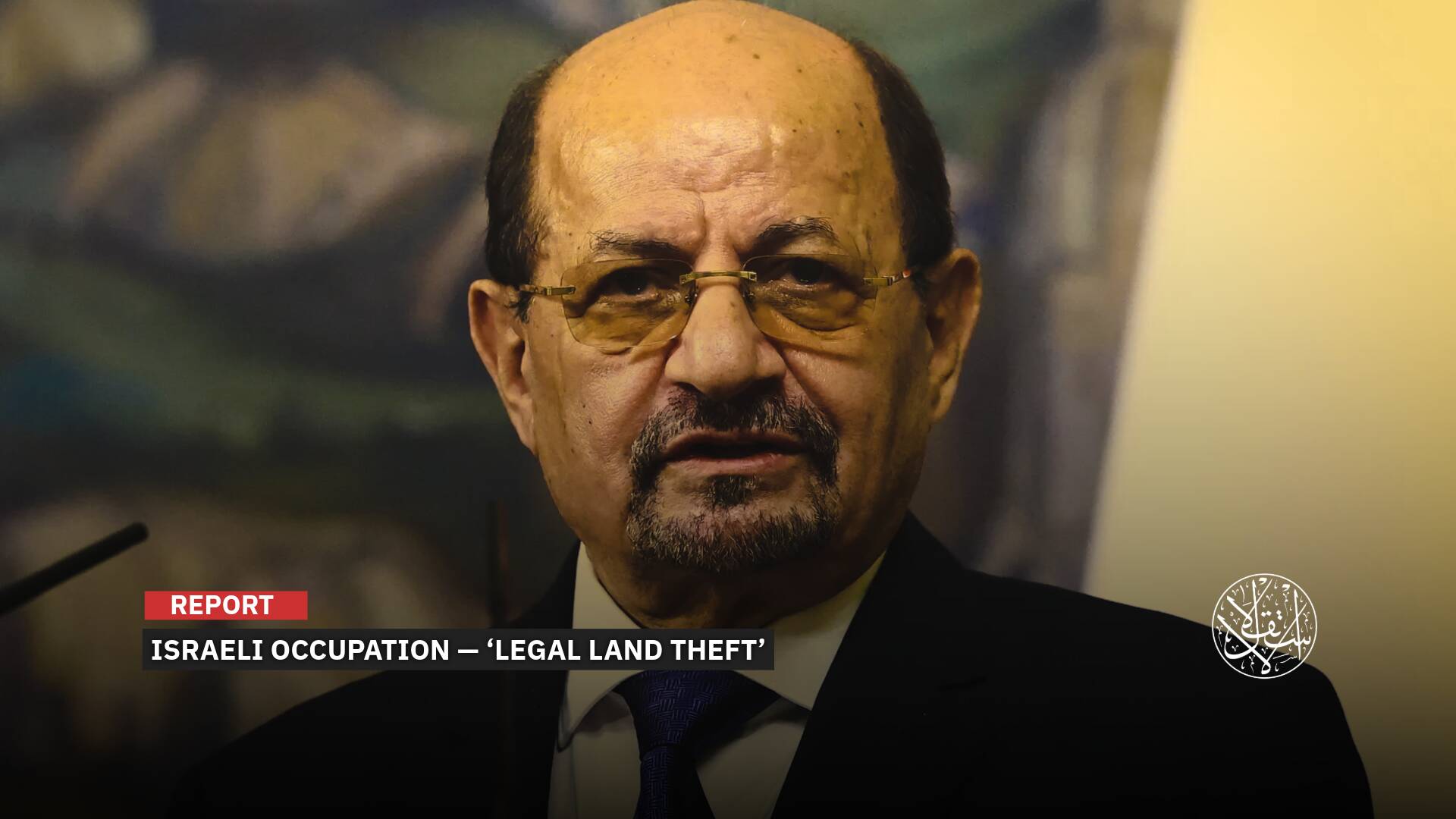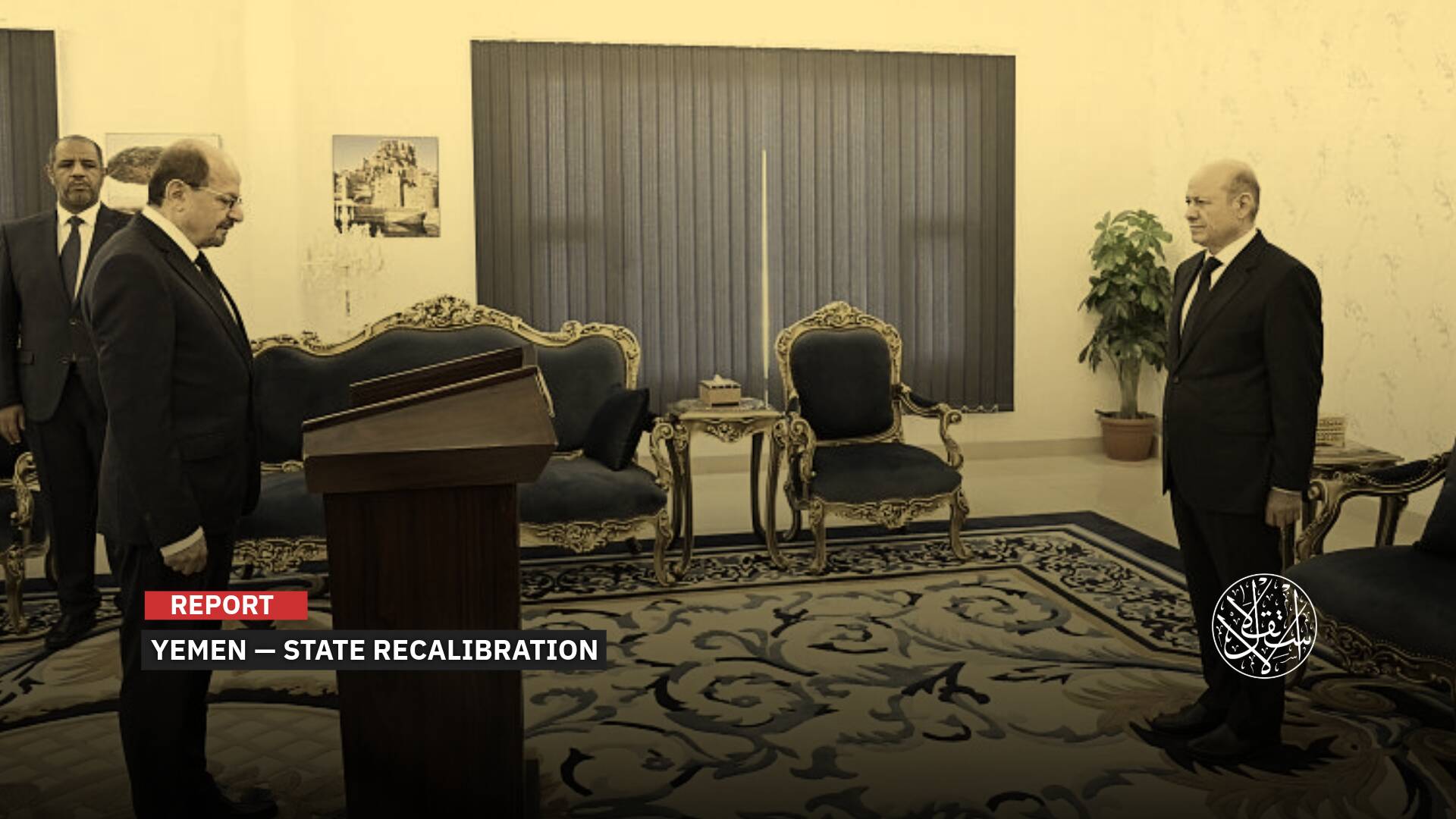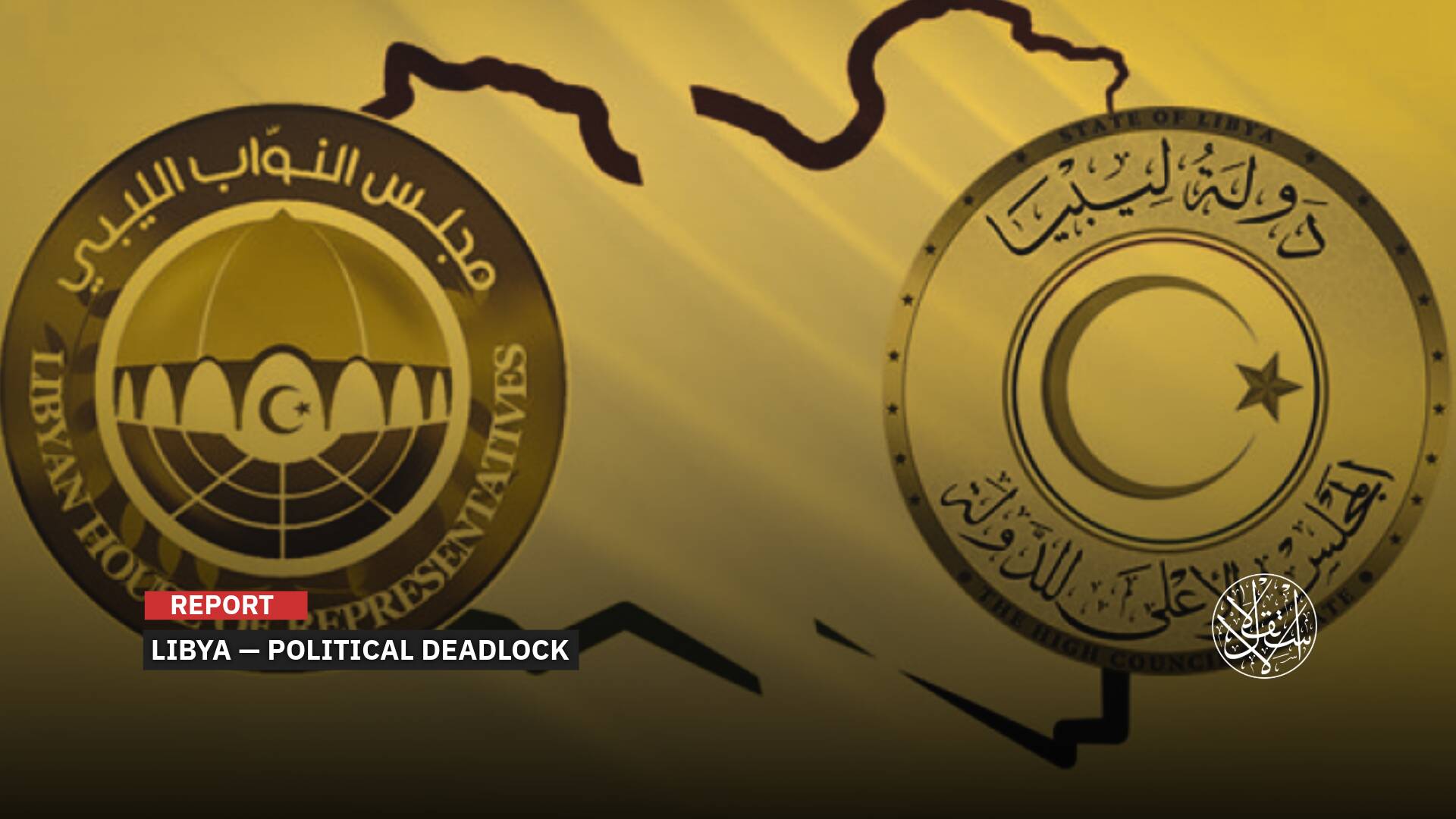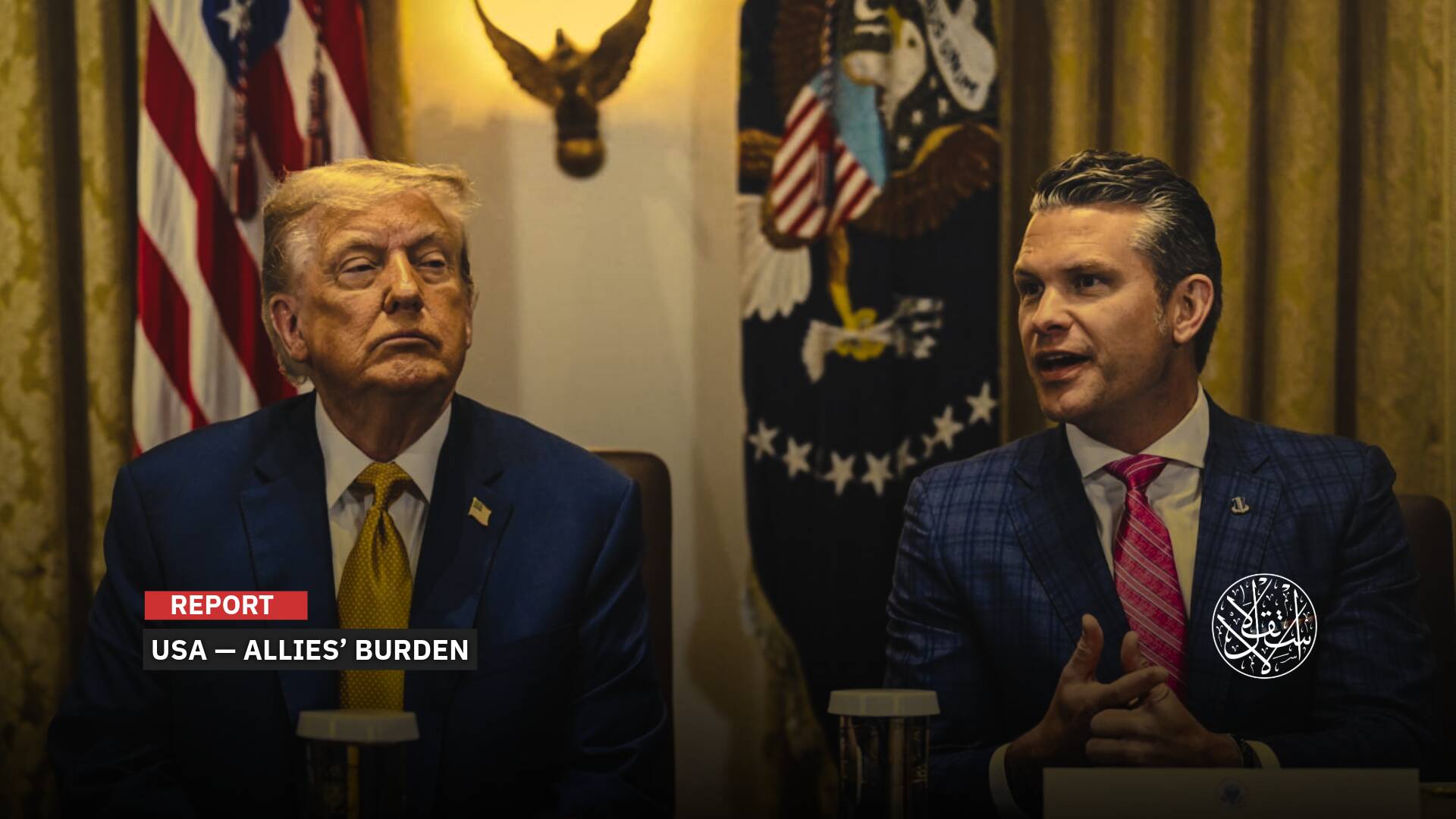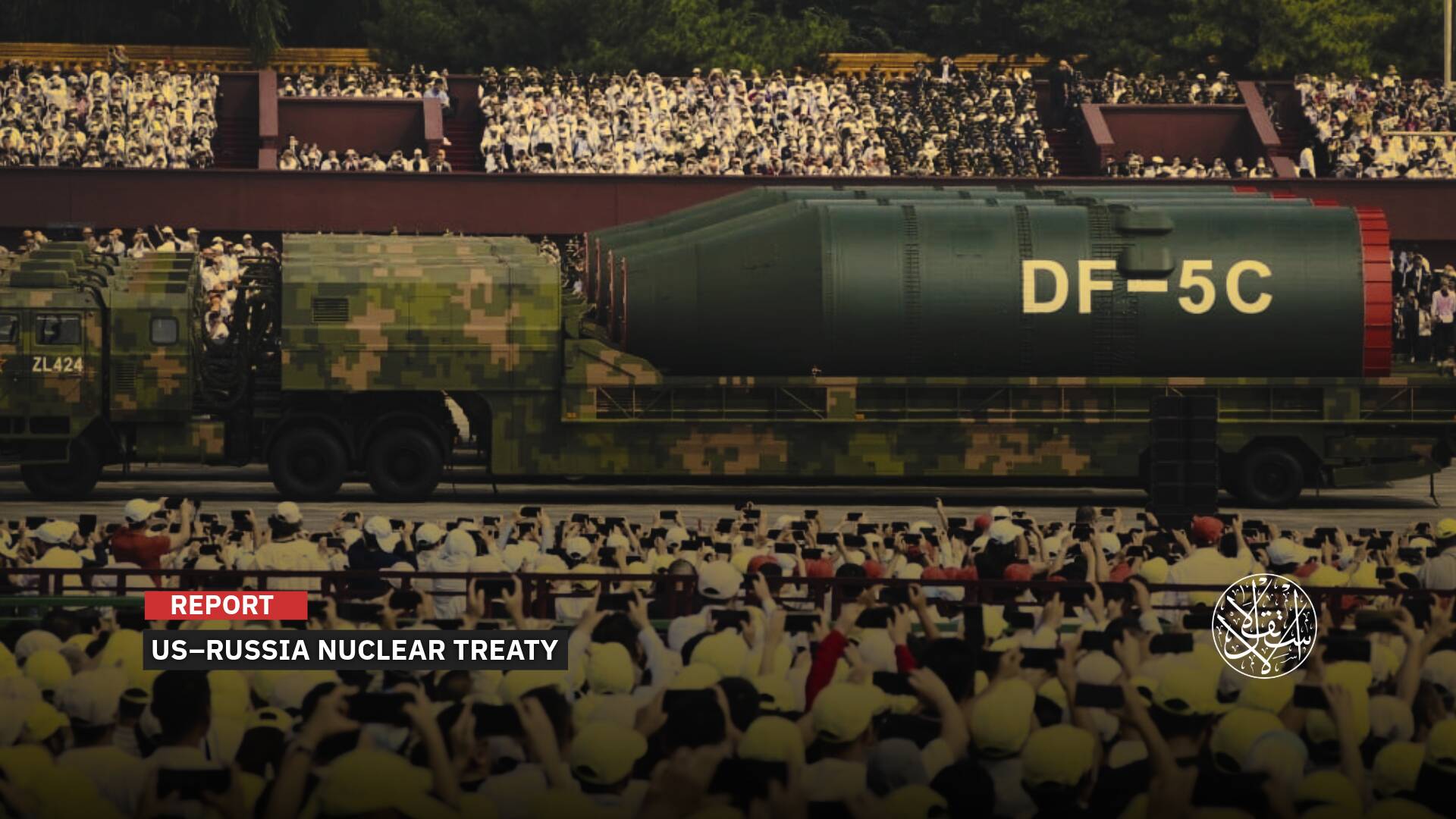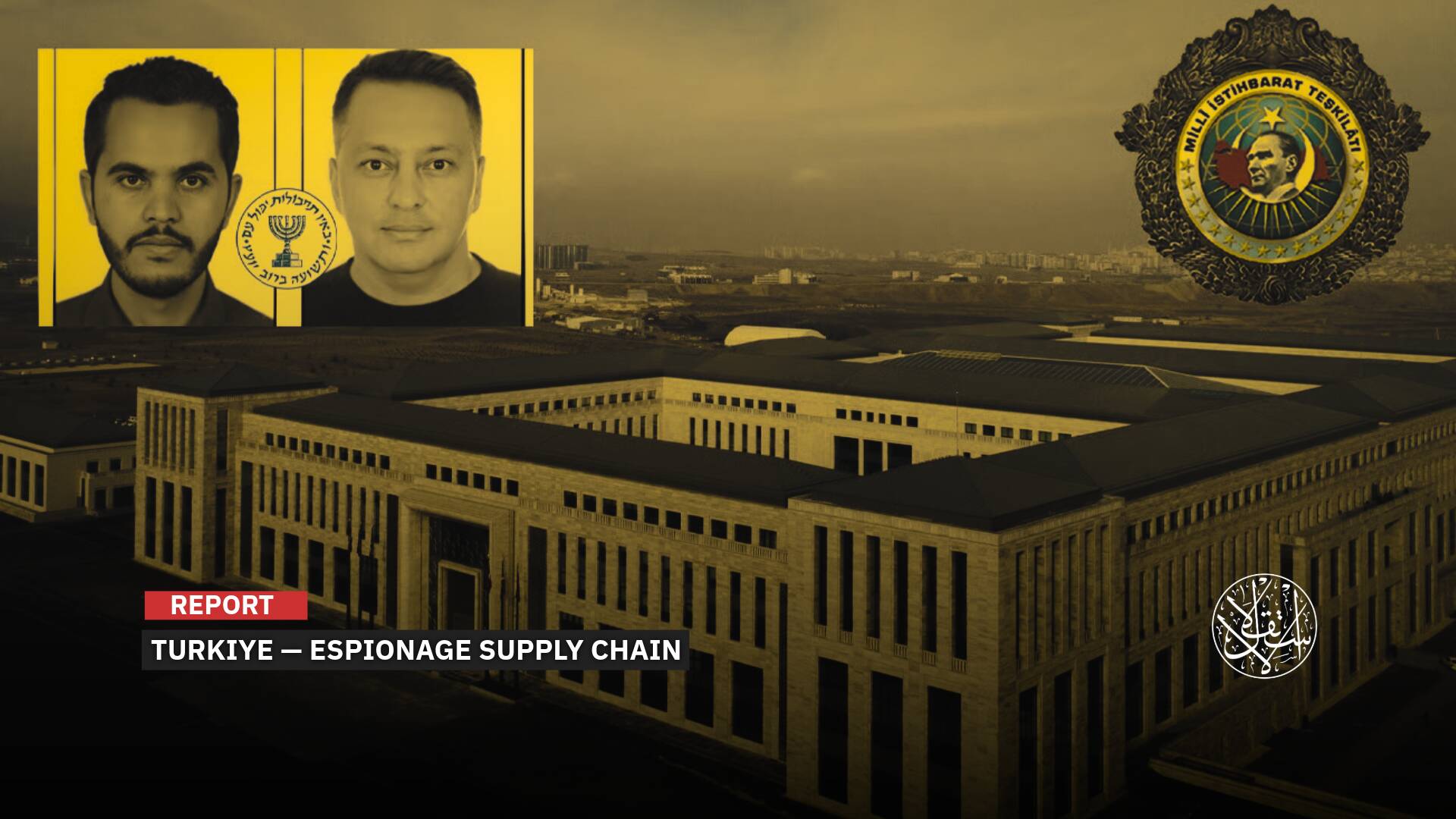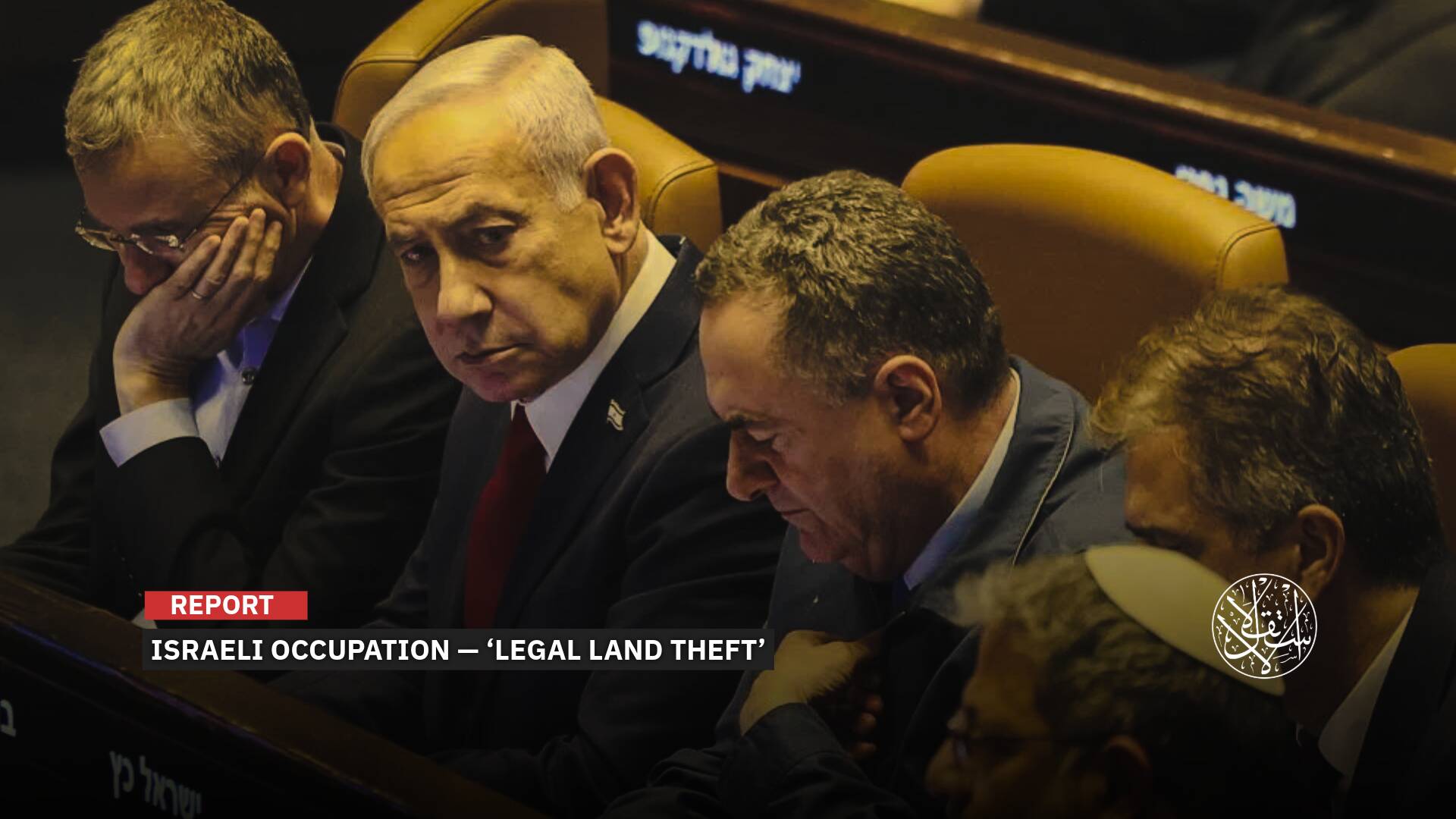This is How the 25th Gulf Cup Revealed Iran’s Colonial Intentions

With the start of the 25th edition of the Arab Gulf Football Cup in the Iraqi city of Basra, several Iranian parties expressed their anger at naming the football tournament, established in 1970, with the same title, “Arabian Gulf.”
On January 6, 2023, the “Gulf 25” championship was launched, and it will continue until the 19th of the same month, with the participation of 8 teams from countries bordering the Arabian Gulf, namely: Iraq, Kuwait, Saudi Arabia, the Emirates, Qatar, Oman, and Yemen.
Demands of Apology
The crisis erupted after a tweet published by the leader of the Sadrist movement, Muqtada al-Sadr, on January 6, in which he welcomed the Arab guests of Iraq from the Arab Gulf countries participating in the 25th Gulf Cup in Basra.
The Iraqi Prime Minister, Mohammad Shia al-Sudani, also called the tournament the “Arabian Gulf” during the inauguration of the activities of the Gulf 25 tournament at the Palm Trunk Stadium in Basra, in the presence of an Iraqi and Arab audience and officials.
However, Iranian Foreign Ministry spokesman Nasser Kanaani said during his weekly press conference on January 9 that his country had informed the Iraqi government of its refusal to name the Gulf 25 as the “Arabian Gulf” football championship instead of the “Persian Gulf.”
He continued: “The Iranian diplomatic apparatus took a stand on Iraq’s choice in naming the tournament as Arabian Gulf instead of the Persian Gulf, which cannot be changed by any reality, whether it is sports or anywhere else.”
The Iranian Football Association also announced, in a statement on January 6, that it would protest to FIFA against the use of what it called a “fake name and fictitious word” for the Gulf 25 tournament instead of the “historical” naming of the “Persian Gulf,” he said.
The association believed that “the Persian Gulf is an original and historical name that has been used for many years in all languages and world literature, and in atlases that contain old and historical maps.”
The Iranian Minister of Sports and Youth, Hamid Sajjadi, also denounced what he said was “the misrepresentation of the name of the Persian Gulf in the competitions of Arab countries and the use of a false name by the FIFA president.”
Sajjadi called for a “serious investigation” and called on the Iranian Football Association to take appropriate measures and put the official protest and legal follow-up on the agenda as soon as possible.
In the same context, the Iranian parliament called on the head of the Iraqi Sadrist movement, Muqtada al-Sadr, to apologize for a tweet in which he welcomed Iraq’s Arab guests from the “Arab Gulf” countries.
Iranian MP Waliullah Bayati said, during a statement reported by Fars News Agency on January 8, that “al-Sadr and al-Sudani used, in a strange measure, the word ‘Arabian Gulf’ that is fake instead of calling it the Persian Gulf, the original name throughout the ages and will remain forever.”

The Secret of Escalation
Regarding the secret of the Iranian attack on the Arab Gulf Championship, although it is not the first, the Iraqi opposition politician Ahmed al-Abyad confirmed to Al-Estiklal that “Iran looks at Iraq as it is part of it or one of its provinces.”
He explained that “Iran gets angry when this tournament is held in the way the world sees it, and the Iraqi people succeeded in hospitality and good reception; Iran did not object to the previous sessions of the Gulf Cup because there was coordination from some Gulf states’ regimes with it.”
Al-Abyad believed that “the dissatisfaction of the Iranian leaders is because the Iraqis have become more conscious, popularly not politically, after they saw this familiarity between the Iraqis and the peoples of the Gulf; this disturbed them very much, and they justified this issue by the fact that “the Arab Gulf” mentioned in the tweet of the leader of the Sadrist movement, Muqtada al-Sadr.”
The Iraqi politician also pointed out that “Iran saw the reluctance of the Iraqis from the non-spontaneous events organized by the leaders of the popular crowd on the occasion of the anniversary of the killing of Qasem Soleimani and Abu Mahdi al-Muhandis in Baghdad at the same time as the launch of the Gulf Championship 25. This represents the greatest defeat for the Iranian regime’s policy in Iraq.”
Every year, Iran’s allies in Iraq commemorate the killing of Iranian General Qasem Soleimani and the deputy head of the Popular Mobilization Forces in Iraq, Abu Mahdi al-Muhandis, in a US air strike near Baghdad International Airport on January 3, 2020.
Al-Abyad believed that “the reason for the Iraqi government’s silence regarding the Iranian statements comes from being appointed by the Iranian guide Ali Khamenei in agreement with the Shiite reference in Najaf, and this is a fact that must be taken into account.”
“However,” he added, “ what is painful is the Arab silence. Even the press and media have not yet responded to the Iranian attack on naming the Arabian Gulf, especially those that are run from Abu Dhabi.”
“The leftover of Iranian politics in Iraq defend Iran on every occasion, so the Iraqi people reject this policy; the position of the Gulf peoples is encouraging at the level of rapprochement and love, but we no longer count on the regimes that will fall with the fall of the Iranian regime, because they complete each other.”

A Point of Order
On the other hand, professor of International Relations at the University of Tehran, Hossein Rabuan, said: “What was proposed by some in Iran, including the Ministry of Foreign Affairs, is nothing but a point of order. In any conference or dialogue, there is a point of order when there is something outside the framework, and I do not see recalling this as a ‘negative position.’ Iran is strongly supporting Iraq.”
He added, during a television interview on January 9, that “this place was called the Persian Sea in the past, and there are many historical manuscripts, including Greek ones; the Romans also preserved the same name, and after the Islamic conquest, all Arab and Muslim historians called it the Persian Gulf.”
Rabuan continued: “Even the Treaty of Constantinople between the Ottomans and the Iranian Qajar government also referred to the Persian Gulf, and until 1956 there was not a single text referring to it otherwise.”
He pointed out that “because of the Shah’s position in Iran at the time towards the Palestinian issue, the late Egyptian President Gamal Abdel Nasser suggested the designation of the Arabian Gulf as a political position on Iran, but Tehran today supports the Palestinian cause in an unprecedented way, and the designation still exists.”
For his part, the Sadrist leader Issam Hussein expressed, to the Iraqi SHAFAQ News agency on January 8, his surprise at al-Sadr’s demand for an apology without offending the Iranian state.
Hussein pointed out that al-Sadr did not address international designations or maps, and only considered the “Arabian Gulf” naming logical for a championship where all its participants are Arab countries. Hussein finds it likely that “the Iranian Parliament’s demand for an apology from al-Sadr is due to the annoyance with Iraq’s rapprochement towards the Arab world through the Gulf championship.”
Historical Designation
Throughout modern history, nations and peoples have known the name of the water-body extending from the Gulf of Oman in the south through the Strait of Hormuz to the Shatt al-Arab in the Iraqi city of Basra as the Gulf of Basra according to the documents of the Ottoman Empire, in addition to other designations, including the “Gulf of Oman” and the “Gulf of Bahrain,” while it was not known as the “Gulf of Persia” or the “Persian Gulf.”
In old maps dating back to 1634 published in the Little Atlas of the cartographers Mercator and Hindus, the Gulf appears with a Latin name “Sinus Arabicus,” meaning “Arabian Gulf.”
The Greek historian Ptolemy in 150 BC previously called it the “Masanites Gulf” in relation to the Mesene Kingdom in Ahvaz in the north of the Arabian Gulf.
While the Persian Empire was unique in naming it the “Sea of Persia” by the Persian King Darius I (521.486 BC), historians believe that Alexander the Great was the first to use this name after the trip of his envoy, Prince Niarchos, in 326 BC. m to India.
Seven Arab countries cover about two-thirds of the Gulf coasts, while Iran overlooks about a third of the southern and western coasts of the Gulf and is mostly inhabited by Arab tribes, and is completely devoid of the Persian population.
Also, “Persia” is no longer one of the names officially circulated in Iran outside the historical records after the Shah of Iran, Reza Shah Pahlavi, issued a decree establishing the state of the “Kingdom of Iran” in 1935.
Commenting on this controversy, Saudi researcher and writer Mohanna al-Hubail said on Twitter on January 9: “Our basis [for the naming] is not national fanaticism, but the right of naming that has its origin, and then its transformation into an identity against external interference, which is officially expressed by Iran.”
He added: “The conflict with Persia as a national force or its influence in the Strait of Hormuz, which confronted Oman and the Jabrids Emirate, extending to Basra in particular and its stronghold, al-Ahsa, witnessed Persian cooperation with the Portuguese against the Arab region in the Lisbon campaign against the Arabs of the Gulf.”
Al-Jubail states that “the confrontation included the struggle over Bahrain, which was called ‘Awal’ in the past, and the Gulf witnessed confrontations between the Jabrids Emirate and the influence and occupation of Persia. Several Arab tribes participated in the conflict, and Iran, to this day, adopts its subordination to it with other regions. We are facing a platform of political ambitions.”
The writer added: “In this tournament, no one invited Iran. It was the one that incited intense jealousy and refusal because the term Arab Gulf was repeated among the brothers in Iraq during its influence.”
He asked: “Who is the fanatic, and who invokes hostilities among nationalities? Where is Islam in Iran’s incitement?”
Sources
- The Iranian Parliament condemns the statement of the Iraqi Prime Minister and Al-Sadr on the "Arab Gulf" [Arabic]
- The Sadrist movement responds to the Iranian Parliament: The Gulf rapprochement annoyed you [Arabic]
- Al-Sadr and Al-Sudani are under Iran's criticism over the "Arabian Gulf" [Arabic]
- The "Gulf" controversy is renewed with a spherical flavor..Arabic or Persian? (a report) [Arabic]
- Iran protests angry... because "Gulf 25" is Arabic! [Arabic]


